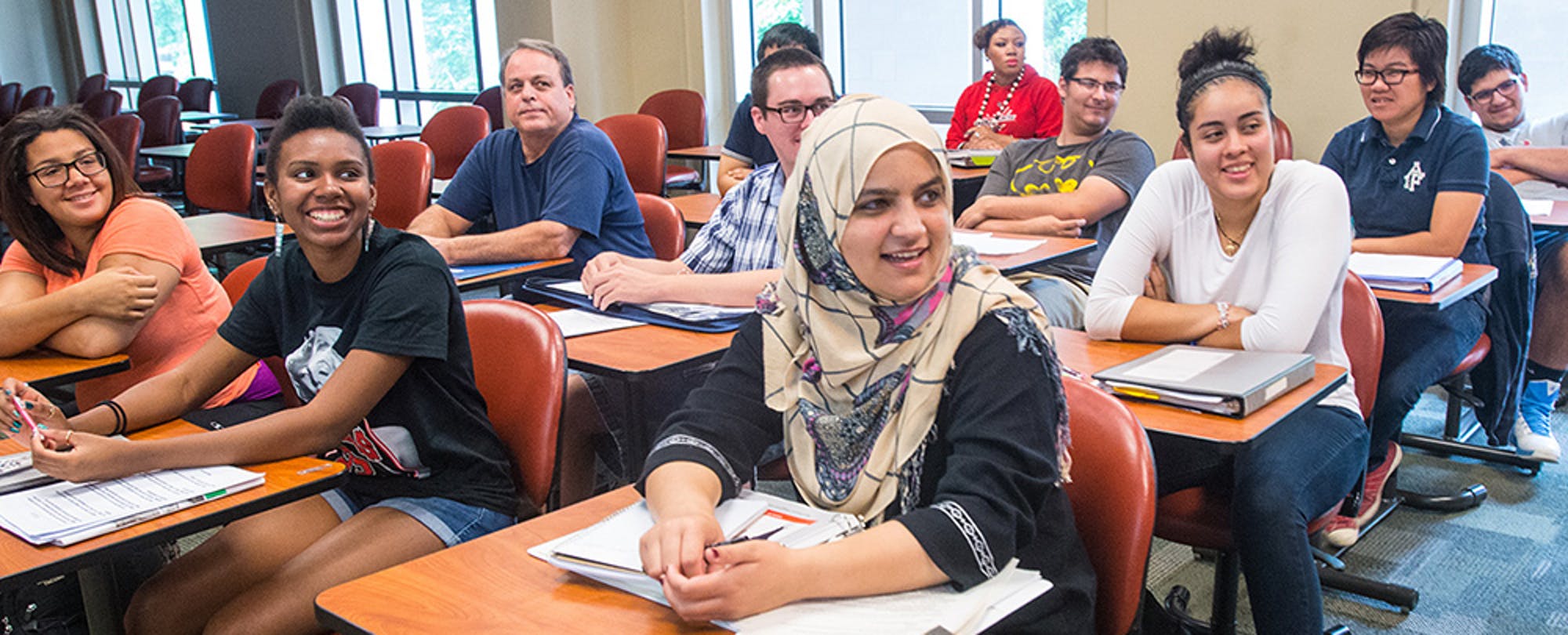Community colleges should extend various academic and non-academic support programs to meet the needs of the growing pool of its working students.
In the first report in a four-part series by the Association of Community College Trustees, the researchers noted that such support programs can ease working students’ challenges related to time, finances, and academic performance.
According to the survey, nearly 70 percent of community college students work to pay for college and fund their daily expenses. Lower-income students are most likely to sacrifice their academic progress to save enough for college.
The report calls on colleges to expand work-based learning opportunities such as paid internships and apprenticeships by partnering with the business sector to train students for careers in growing white-collar industries.
It pitches for giving credits for prior learning through assessments, so as to avoid duplication of coursework needed to complete their degrees.
The report highlights creating a flexible class schedule that fits the work schedule of the students and making childcare accessible.
“Higher education is a demanding enterprise for any student,” said ACCT President and CEO J. Noah Brown.
“And most community college students have to work while they pursue their studies. Through a variety of interventions presented in The College-Work Balancing Act, community college leaders can help to ease the burden on these students so that they can invest their time and their energies in studies and in work that will advance their future careers.”
Researchers suggested campuses to follow academic models implemented by Lakeshore Technical College, Southcentral Kentucky Community and Technical College and Austin Community College District for the working students.
Libraries, Technology Most Needed Services in Community Colleges



